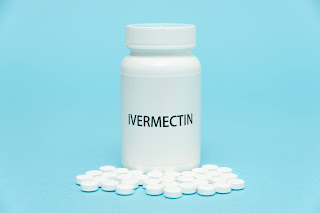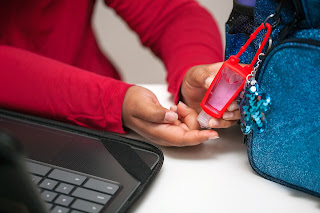As you prepare to celebrate the winter holidays this season, remember to keep safety in mind, especially when it comes to potential poisonings. If you follow these tips, you can help ensure you have a poison-free holiday!
Poison Proof Your Home
Secure all medicines, cleaning products, and personal care
products by putting them up high, locked- up, and out of sight and out of
reach. This includes items in purses, backpacks, and other regularly accessed
places that kids might look through curiously.
Beware of Carbon Monoxide
Carbon monoxide is a silent killer. Remember never to use a
gas stovetop, gas oven, or charcoal grill indoors for heat. Also, make sure to
keep any flammables away from floor furnaces. Make sure you have carbon
monoxide detectors in your home and change out the batteries twice a year. It
could save your life!
Button Batteries
Some toys and gifts can have flat, coin-shaped batteries,
usually called button batteries. These can be very dangerous if swallowed. They
can cause serious internal injuries. Keep all batteries locked- up and out of
sight.
Food Safety
It is always essential to take precautions to prevent food poisoning.
Always wash your hands before and after handling food. Ensure all counters and
cooking utensils, such as cutting boards, are kept free of germs by spraying
them down with a kitchen cleaner or using soap and hot water. Lastly, make sure
not to leave food sitting out too long. Make sure to put leftover food away in
the refrigerator to be safely eaten later.
Traveling this Holiday
If you plan to travel this holiday season, use this guide from
the CDC before you go.
Before you travel:
• Research
your destination's COVID-19 restrictions.
• Plan to
meet any testing or vaccination requirements for travel.
During travel:
• Wear a
mask and pack extras for your trip.
• Practice
safety steps like washing your hands often and choosing safer options like
outdoor visits with family.
• Isolate
and follow guidance if you get COVID-19 on your trip.
Call your local poison center in Texas at 1-800-222-1222 for help with a potential
poisoning or questions regarding poisons. Trained pharmacists and nurses can
help 24-hours a day, seven days a week.
Never hesitate to call!












